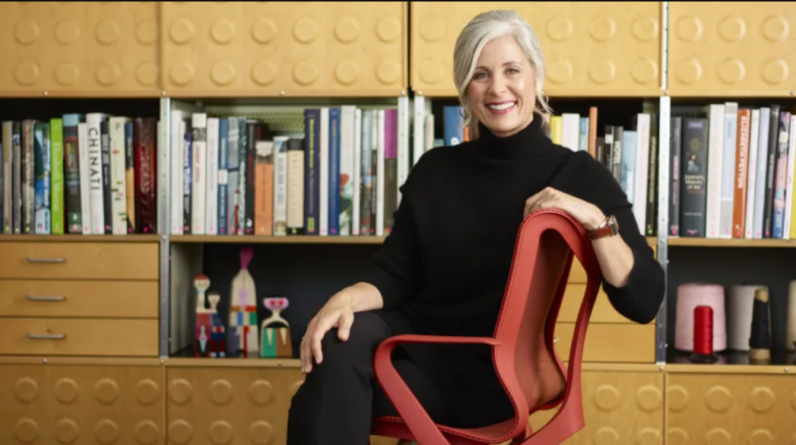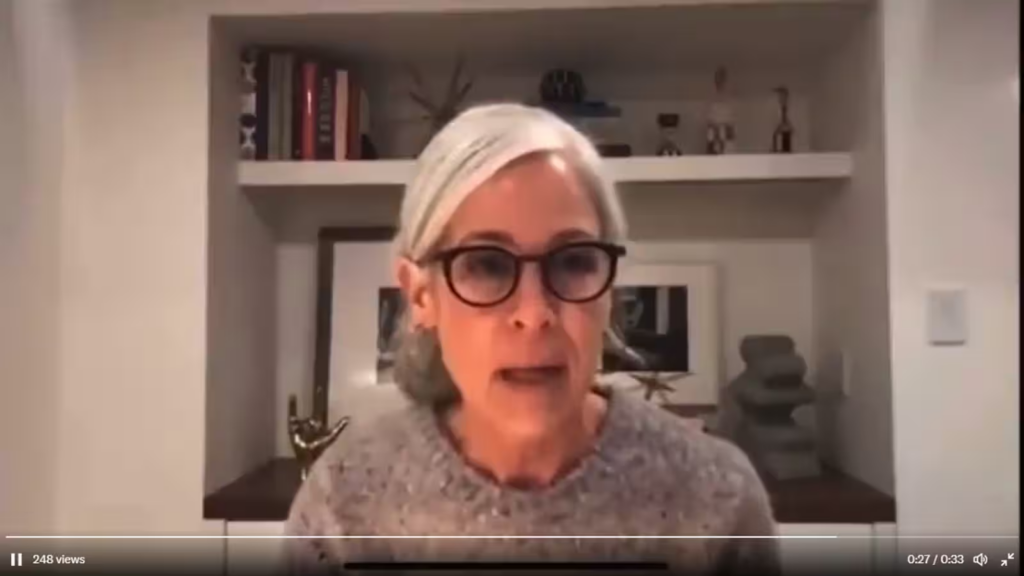
The CEO of MillerKnoll Inc., famed for its Herman Miller office chairs, was criticized for instructing staff to leave “pity city” and cease begging for bonuses.
Chief Executive Officer Andi Owen’s social media comments have drawn criticism, and her current compensation package will likely be revealed in August.
She received a $1 million salary, $4 million from stocks and options, an annual incentive plan, and paid costs like a business plane in the previous fiscal year.
Tony Guadagni, a senior principal at Gartner Inc., said compensation is a hot topic for executives and employees, especially in a bad economy.
As rising inflation strains household budgets and widespread labor shortages embolden workers to demand greater compensation, executive remuneration is under scrutiny.
He stated, “I think in a time like this, where the news cycle has been dominated by inflation for 18 months, where employees feel their paychecks not going as far as they used to—organizational leadership would be wise to be sensitive to that.
Owen chastises colleagues for speculating too much about annual bonus payouts in the 90-second leaked recording.
“Spend your time and effort thinking about the $26 million we need, and not what are you going to do if you don’t get a bonus,” Owen stated in the video, referring to an internal metric. “My old boss told me, ‘You can visit pity city, but you can’t live there.’ Leave pity city.”

A source said Owen emailed colleagues and met with corporate officials after the meeting to address their concerns.
MillerKnoll’s revenues dropped this year as firms cut spending, causing staff in Michigan to fret about a diminishing bonus pool. After the epidemic, many workers work remotely, reducing office furniture demand.
Only about a third of Gartner’s rank-and-file thought CEOs’ 300-fold pay difference was inappropriate. Guadagni noted that when economic fears rise, employees may become more sensitive to the salary gap between them and the C-Suite.
He said, “I wouldn’t be surprised if we start to see the tide turn on that a little bit, especially depending on what happens to the economy in the next six to 12 months.
